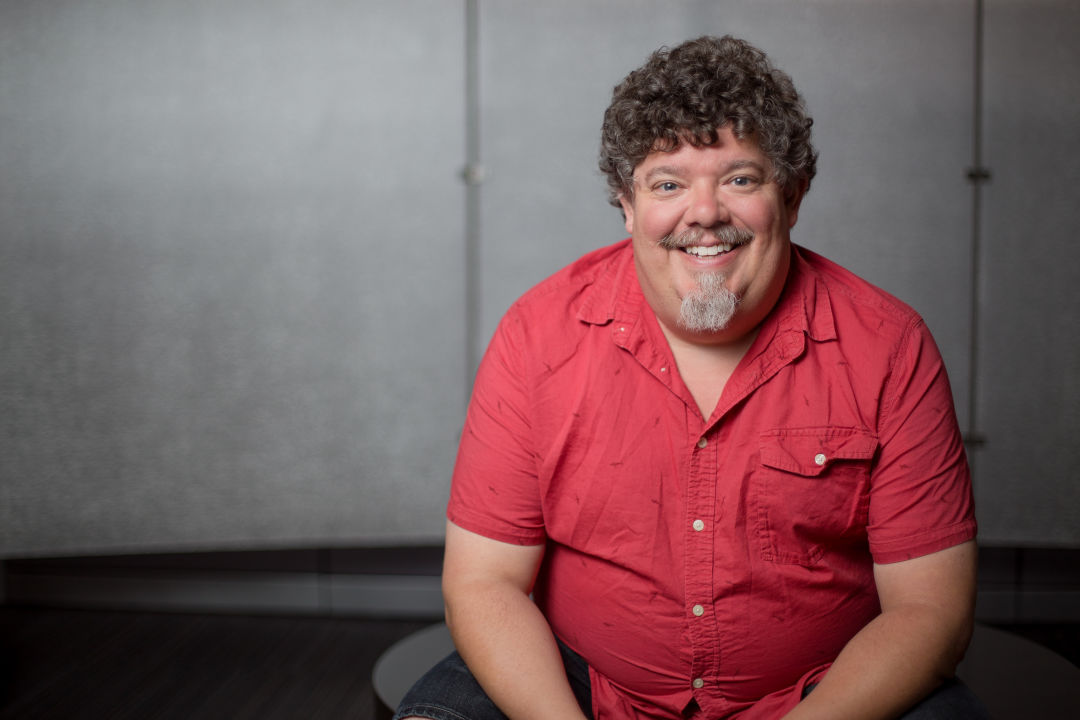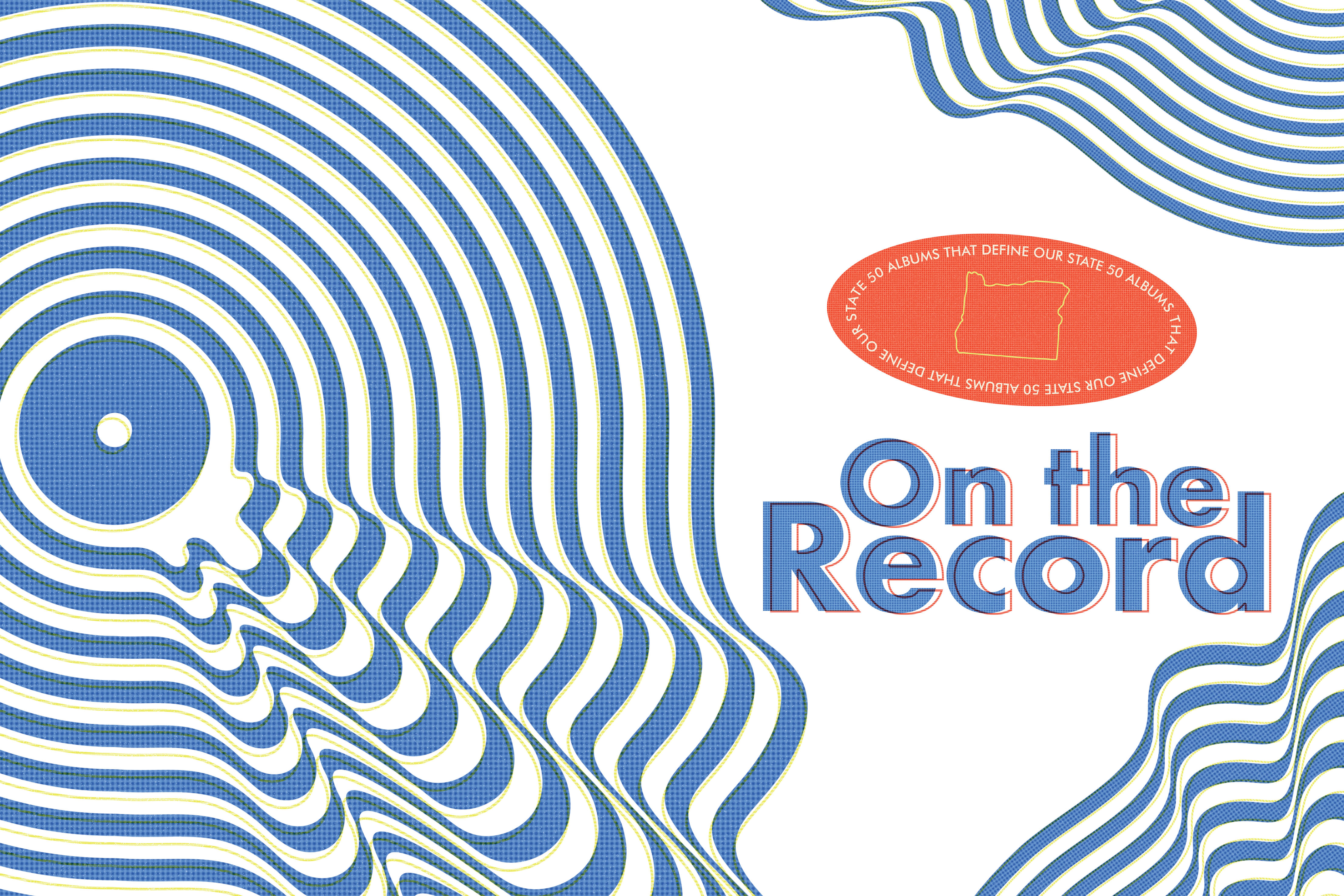Jackpot! Recording Studios’ Larry Crane on Portland’s Music Scene, Past and Present

Image: Lucas Deming
As founder and operator of Jackpot! Recording Studios, Larry Crane has worked with virtually every major music act in Portland from the ’90s till yesterday. He manages his old friend Elliott Smith’s archives, edits the popular audio magazine Tape Op, and continues to engineer and mix a staggering amount of music every year. We chatted about his three decades of work in Rose City sound.
What is Portland’s music scene right now doing better than anyone else?
Breaking down the concept of genres. There’s more cross-pollination, and better musicians in town than I ever saw, like, 20 years ago. When I opened Jackpot, and you had to hire a violin player, who knows what you’d get—I hired a guy from Juilliard everyone kept recommending, and he came in hungover and could barely play three notes.
What’s the biggest difference between Portland music in the ’90s and Portland music now?
Labels don’t really exist at this point. Back when I moved here, there was Tim/Kerr Records, Sub Pop had just been down here, there was Cavity Search—all sorts of small labels, and it was viable. You could press up 1,000 CDs and take them to shows, and sell them at 2nd Avenue Records, Everyday Music, Music Millennium, this place called Locals Only that only sold local music. Now it’s a free-for-all. You don’t always want to have gatekeepers, but labels offer a great sense of curation.
What do you think the value of your work is with Elliott Smith’s archives?
Elliott was a very rare and unique songwriter, and he was really, really good. And it didn’t come falling out of the sky, kids—it’s not something you can just effect by singing in a mopey style—he put in so much work, learning all these different instruments, learning how to arrange. I remember recording “Miss Misery” and just going, “What the fuck?” When you have somebody of a certain quality, it’s worth gathering everything and making sure it’s safe and preserved for the future. It’s good to study. You learn something about songwriting and studio work.
What has Tape Op taught you about making music?
The thing that’s amazing is learning how to conduct yourself in the studio. One person can walk in the room and make the record completely different, and that’s you. I’ll interview a producer or an engineer, and I’ll be really impressed at their demeanor—like, “Wow, this person is so pleasant to be around, you can see why the Rolling Stones called them.”
You’ve spent your life making, writing about, and seeing music. What’s the big insight, if there is one?
If you’re thinking about music and money in the same thought, just get out of here. It has to be, in your heart, that there’s no other world that’s gonna work for you to live in. I didn’t make money from music until I was in my mid-30s—it was getting me around the country, it was getting people in my house recording, but I had to work in restaurants. I never envisioned I would be a record producer. I never envisioned I would be a magazine editor. It’s about being a fan first, and then I think it’s about seeing opportunities in front of you, and if you think they could be interesting and fun, you’ve got to make an opening for them and plow forward.




